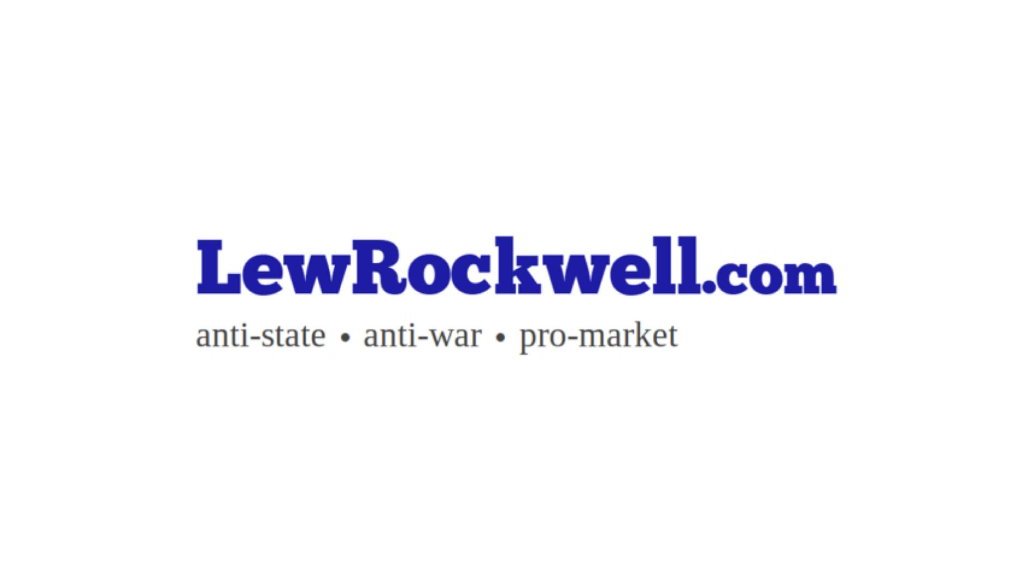Why Russia Will Likely Take All of Ukraine
24 October 2024, by Eric Zuesse. (All of my recent articles can be seen here.)
When a soldier willingly risks one’s life for one’s country — for example: “Give me liberty, or give me death”, said Patrick Henry on 23 March 1776, advocating for Britain’s Virginia colony to go to war against the British Empire — it’s because this person believes a life in slavery to be worse than no life at all. It is to choose serving one’s country (or else country-to-become), over serving an evil foreign master. When those are the only two options that are left, a person whose conscience is even larger than the person’s fear is, will revolt, and serve one’s conscience.
A person of conscience does what that person thinks to be right, even when one knows that this will probably lead to one’s death. A person of expediency does not. This is an important difference in human motivation, and so persons who are on opposite sides of that divide might have difficulty in understanding each other.
During the third U.S. Presidential debate between Hillary Clinton and Donald Trump, on 20 October 2016, Clinton said, “There is about four minutes between the order being given and the people responsible for launching nuclear weapons to do so.” Vladimir Putin too knows this, and he behaves accordingly, as will here be explained.
The country that has by far the border that is the closest of all to Russia’s central command in The Kremlin in Moscow is Ukraine, which is less than 317 miles — a mere five minutes of missile-flight-time away from him. This means that if Ukraine joins NATO, America’s anti-Russian military alliance, then, just as happened when Finland, which is the second-nearest to Moscow at a mere 507 miles or 7 minutes of missile-flying-time, joined NATO and was required by the U.S. Government
Article from LewRockwell

LewRockwell.com is a libertarian website that publishes articles, essays, and blog posts advocating for minimal government, free markets, and individual liberty. The site was founded by Lew Rockwell, an American libertarian political commentator, activist, and former congressional staffer. The website often features content that is critical of mainstream politics, state intervention, and foreign policy, among other topics. It is a platform frequently used to disseminate Austrian economics, a school of economic thought that is popular among some libertarians.




